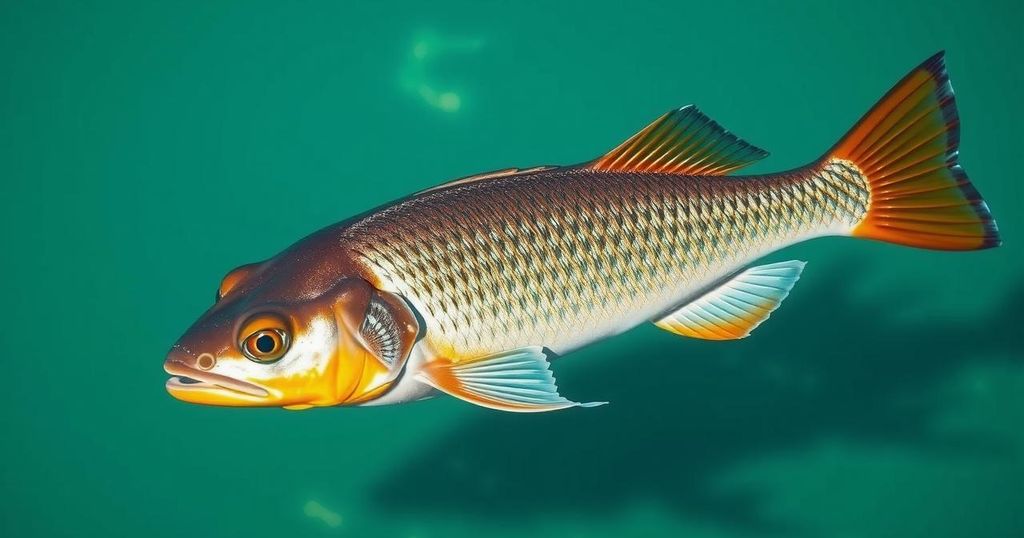Climate change
ALLENDE, ASCOTAN, ASCOTANE, ASIA, CHILE, CLIMATE, CLIMATE CHANGE, ENVIRONMENTAL IMPACT, GENOME CENTER, KARACHI, MA, MARCO MENDEZ, MAURICIO ANZA, MIGUEL ALLENDE, MILLENNIUM INSTITUTE, PAKISTAN, SOUTH AMERICA, STRAITSTIMES. COM, SUSTAINABILITY, T & CS, UNIVERSITY OF CHILE
Marcus Li
0 Comments
Threat to Chile’s Unique Salt Flat Fish from Lithium Mining Initiative
The Ascotan salt flat in Chile is home to the endangered fish Orestias ascotanensis, known for its unique adaptations to extreme environmental conditions. Proposed lithium mining threatens this delicate ecosystem, echoing concerns over past impacts from copper mining. Local residents and experts urge the implementation of safeguards to prevent further ecological damage while allowing for necessary economic development.
The Orestias ascotanensis, a small fish native to Chile’s Ascotan salt flat, faces significant threats from proposed lithium mining activities. Currently inhabiting extreme environments at elevations of over 3,700 meters, this fish has adapted to high levels of heavy metals and fluctuating salinity. Despite these adaptations, local residents are concerned that water extraction linked to copper mining has already negatively impacted fish populations. The government’s plans to initiate a lithium mining project in the same area have raised further alarms among scientists and locals alike, who advocate for measures to protect this unique ecosystem and its residents. Experts stress the importance of balancing economic development with environmental preservation, highlighting the urgent need for protective guarantees before proceeding with mining activities.
Lithium mining has become increasingly vital due to the rising demand for lithium-ion batteries and renewable energy storage. However, its environmental implications pose risks to uniquely adapted species like the Orestias ascotanensis, which thrives in harsh salt flat conditions. Research from the Millennium Institute has revealed the fish’s evolutionary abilities to cope with extreme solar radiation and heavy metals, but these adaptations may not suffice against the disruptive impacts of mining activities and water extraction. The tension between economic interests and ecological integrity is central to current discussions about the future of the Ascotan salt flat.
In summary, the Orestias ascotanensis is at risk due to planned lithium mining in the Ascotan salt flat, an area already affected by other mining activities. Local communities and scientists are calling for protective measures to ensure the preservation of this delicate environment and its unique flora and fauna. The balance between economic development and environmental sustainability is crucial as Chile navigates its mining projects in regions with such rare wildlife.
Original Source: www.straitstimes.com




Post Comment